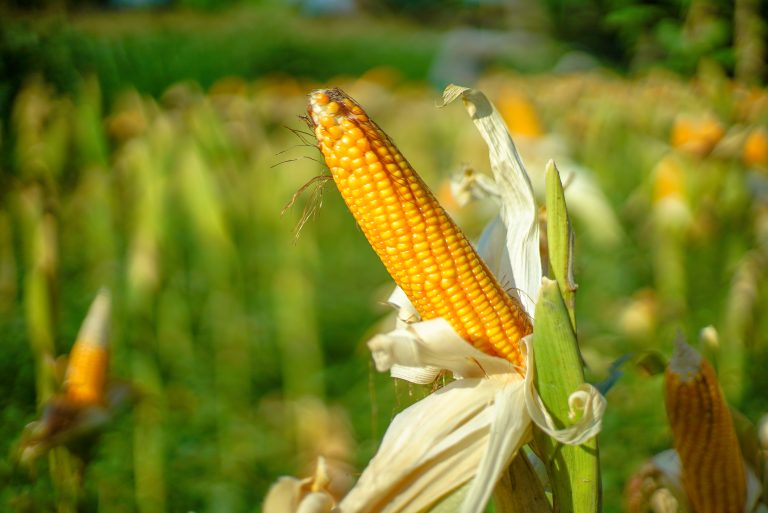A recent study published in Nature has underscored the significant environmental and socioeconomic benefits of Brazil’s second-crop corn ethanol production system. Conducted by Agroicone in collaboration with experts from MIT, UNICAMP, and Dartmouth College, the research highlights the system’s alignment with Sustainable Development Goals (SDGs) and its role in advancing global sustainability efforts.
The study delved into the impacts of Brazil’s burgeoning corn ethanol industry, which has seen rapid growth since its inception. By 2024, Brazil’s second-crop corn ethanol production had reached 6.3 billion litres, with forecasts suggesting an increase to between 13 and 15 billion litres by 2032, according to the Energy Research Office (EPE). This expansion includes ambitious plans to implement a carbon capture and storage system (BECCS), potentially becoming the first project of its kind in Latin America and globally.
The research utilised advanced Life Cycle Assessment (LCA) methods and computable general equilibrium (CGE) models to analyse 18 intermediate indicators and three final indicators—Ecosystems, Human Health, and Resource Availability. Additionally, socioeconomic impacts were assessed, focusing on the well-being and food security of the world’s poorest families.
Key findings from the study reveal that Brazil’s second-crop corn ethanol system provides renewable, cost-effective energy while offering substantial environmental benefits. The system produces an extra five billion litres of ethanol annually, generates 600 GWh of electricity, and supplies four million tonnes of animal feed inputs. Moreover, it significantly reduces greenhouse gas emissions, estimated at between 9.3 million and 13.2 million tonnes of CO2, and conserves 160,000 hectares of land.
The study’s comprehensive analysis demonstrates the system’s effectiveness in integrating sustainable agricultural practices with innovative technologies. By addressing macroeconomic impacts, food security, human health, and effects on low-income populations, the research provides a holistic view of the system’s benefits, contributing to its recognition in one of the world’s most prestigious scientific journals.
In conclusion, the research highlights the considerable advantages of Brazil’s second-crop corn ethanol production in supporting energy transition and sustainable development. The study’s findings reinforce the potential of bioenergy to contribute significantly to global sustainability goals and offer a model for other regions to consider in their own energy and agricultural practices.
For further details, the full article is available on Nature at this link.

